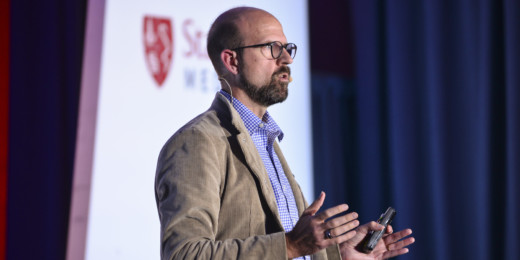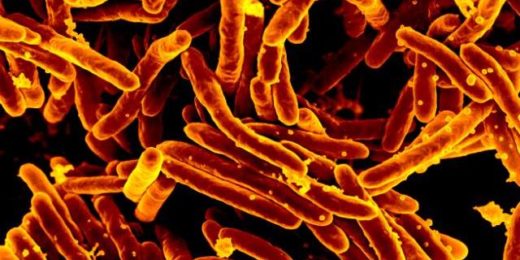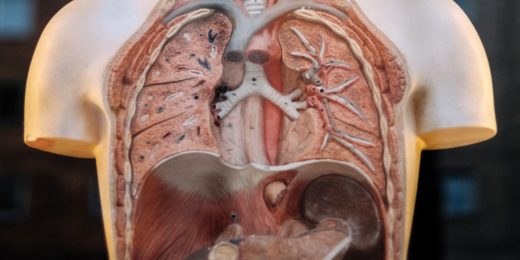Stephen Montgomery, a Stanford associate professor of pathology and of genetics, describes how he uses RNA to understand health.
Author: Hanae Armitage
What happens when a person with prediabetes get a viral infection? New study provides in-depth look
Scientists monitored 106 individuals (some of whom have prediabetes) to see how the condition, and infections, impact immune-and-microbiome-related health.
The makings of a data scientist, at Big Data in Precision Health
At day two of the Big Data in Precision Health conference, DJ Patil shared how he discovered data science and was hired by the Obama administration.
Sleep science takes the stage at Big Data in Precision Health
Speakers at Stanford's Big Data in Precision Health conference discuss how their work with big data impacts and informs sleep research.
Countdown to Big Data in Precision Health: What’s the government’s role?
Before the Big Data in Precision Health conference, Don Rucker, the national coordinator for health IT, discusses the government's role in health data.
First diagnostic test for chronic fatigue syndrome identified
Inspired by his son's illness, Ron Davis and colleagues have discovered a diagnostic test for chronic fatigue syndrome, a notoriously elusive disease.
Which blood-based method works best to detect TB?
Scientists at Stanford and beyond are working toward a new type of tuberculosis diagnostic that utilizes blood samples.
Countdown to Big Data in Precision Health: When industry and academia converge
Ahead of the Big Data in Precision Health conference, Emma Huang from Johnson & Johnson Innovations discusses collaborations between industry and academia.
MyHeart Counts health data released for external research
Scientists from the MyHeart Counts research study have released data from 50,000 participants to enable additional investigations.
NASA Twins Study: A tale of two Kellys
NASA and collaborating institutes, including Stanford, have examined the molecular and genetic differences between two twin astronauts.
Flagging a cholesterol-raising disease using AI
Stanford researchers have created an algorithm to detect familial hypercholesterolemia, a hard-to-diagnose genetic disease.
CRISPR yields new potential “bubble boy” gene therapy
Stanford scientists and collaborators have harnessed CRISPR to replace the mutated gene underpinning the devastating immune disease, SCID-X1.
Countdown to Big Data in Precision Health: Robots that are here to help
Maja Matarić, a robiticist at the University of Southern California, plans to speak about socially assistive robotics at Big Data in Precision Health.
Genetic counseling in short supply in Mexico
New research has found that many regions of Mexico lack genetic counselors; increased outreach and training could help, Stanford researcher suggests.
Immune cell turned biomarker: Predicting severity of lung scarring
By scouting for a particular immune cell in the blood, scientists can tell which patients with a lung-scarring disease are at higher risk for death.
Registration now open for Stanford’s Big Data in Precision Health conference
The seventh annual Big Data in Precision Health conference will be held May 22 and 23 on the Stanford campus; registration is now open.

















